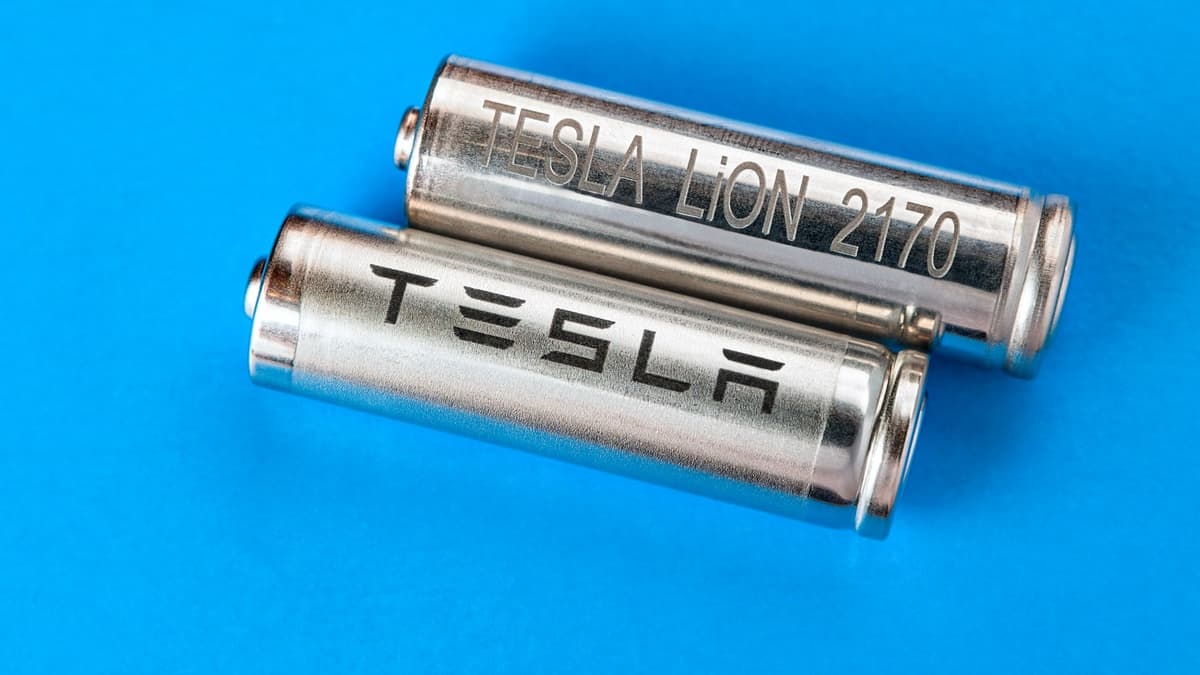A panel of experts alleges that Tesla is having trouble increasing the output of its latest 4680 battery cells., according to InsideEVs.
In retrospect, Tesla explicitly stated that there would be challenges in ramping up 4680 battery cell production at Battery Day years ago. Having said that, experts believe that Tesla’s targets were too high because the EV manufacturer is currently only halfway through the rollout of its 4680 cells.
Interestingly, Reuters was able to have a discussion with 12 industry experts about Tesla’s 4680 cells. These experts discussed the manufacturing process in terms of what they know and understand. It is worth noting that the 12 of them have some connection with Tesla, while nine reportedly having very tight ties.
Furthermore, experts agree that Tesla is still experiencing problems scaling its 4680 battery program. The larger battery cells are allegedly helping the company, but the complex cost-cutting production process has not yet been scaled up. Thus, the cost savings cannot be fully realized without the larger cells combined with the new effective manufacturing method.
Tesla will be able to offer lower prices once it has reached the point where it can effectively scale the new battery technology. It is expected to result in reduced costs and more effective manufacturing.
Notably, the experts also stated that the Tesla Model Y‘s battery cost might be reduced in half due to the new battery technology and the dry-coat electrode manufacturing process, saving $5,500 per vehicle.
Having said that, the experts pointed out that the dry-coat electrode process causes the problem with ramping up the 4680 battery cell. Given that the unique technique is still experimental, the company struggles to produce at a rate that can reduce expenses.
Nonetheless, Teslarati reported experts’ prediction that sometime in 2023, Tesla might fully deploy the dry-coat electrode process.

